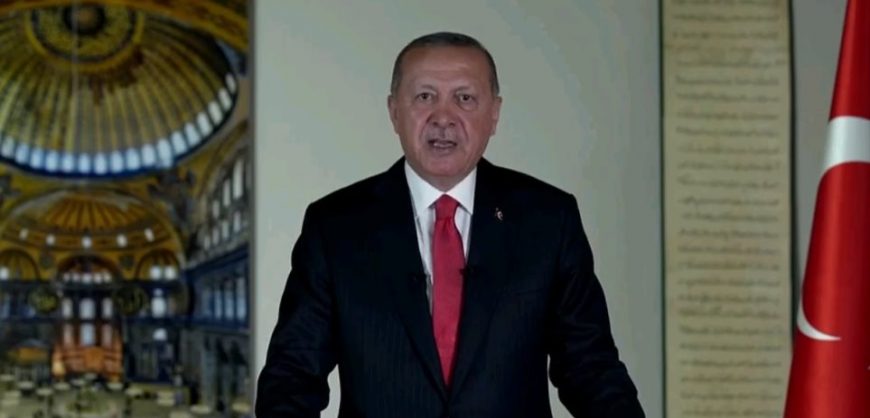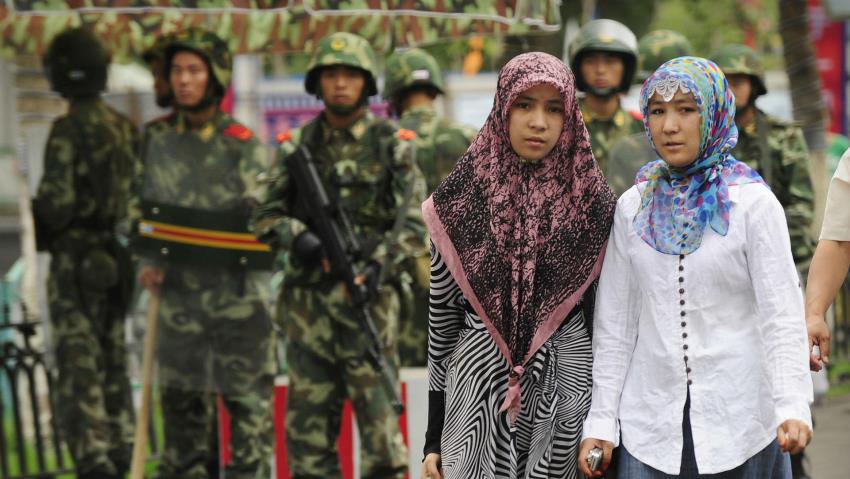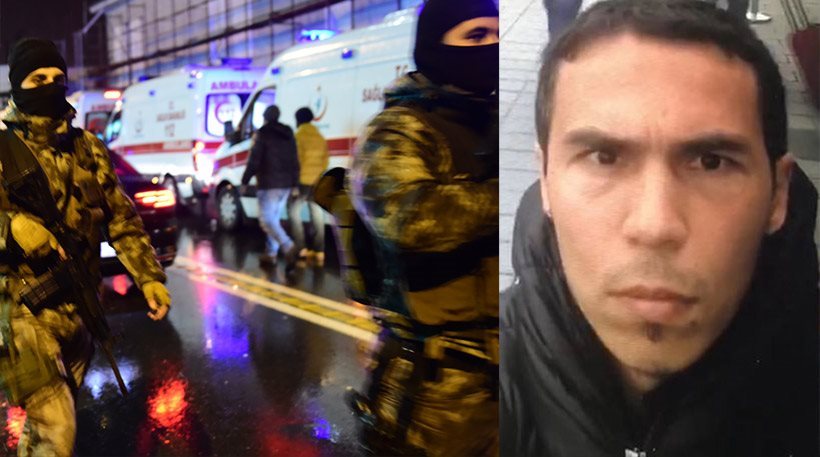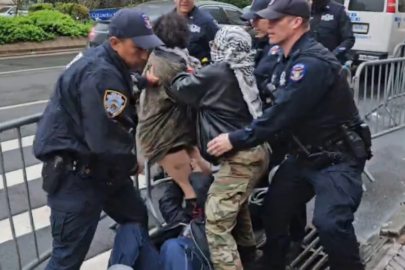Abdullah Metseydi, a Uighur in Turkey, was readying for bed last month when he heard commotion, then pounding on the door. “Police! Open the door!”
A dozen or more officers poured in, many bearing guns and wearing the camouflage of Turkey’s anti-terror force. They asked if Metseydi had participated in any movements against China and threatened to deport him and his wife. They took him to a deportation facility, where he now sits at the center of a brewing political controversy.
Opposition legislators in Turkey are accusing Ankara’s leaders of secretly selling out Uighurs to China in exchange for coronavirus vaccines. Tens of millions of vials of promised Chinese vaccines have not yet been delivered. Meanwhile, in recent months, Turkish police have raided and detained around 50 Uighurs in deportation centers, lawyers say — a sharp uptick from last year.
Although no hard evidence has yet emerged for a quid pro quo, these legislators and the Uighurs fear that Beijing is using the vaccines as leverage to win passage of an extradition treaty. The treaty was signed years ago but suddenly ratified by China in December, and could come before Turkish lawmakers as soon as this month.
Huge cat found etched into desert among Nazca Lines in Peru
Honey and pepper was the Viagra of the ancient Greeks
Uighurs say the bill, once law, could bring their ultimate life-threatening nightmare: Deportation back to a country they fled to avoid mass detention. More than a million Uighurs and other largely Muslim minorities have been swept into prisons and detention camps in China, in what China calls an anti-terrorism measure but the United States has declared a genocide.
“I’m terrified of being deported,” said Melike, Metseydi’s wife, through tears, declining to give her last name for fear of retribution. “I’m worried for my husband’s mental health.”
Read more: AP






































